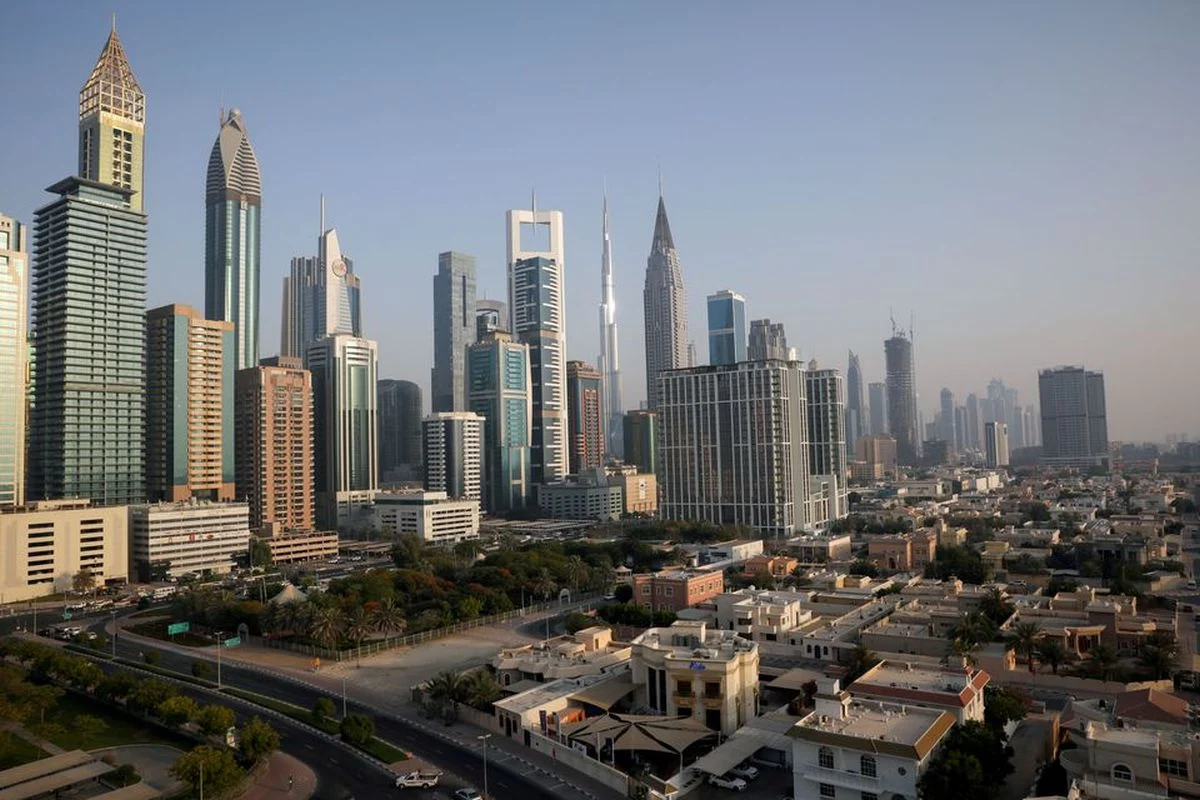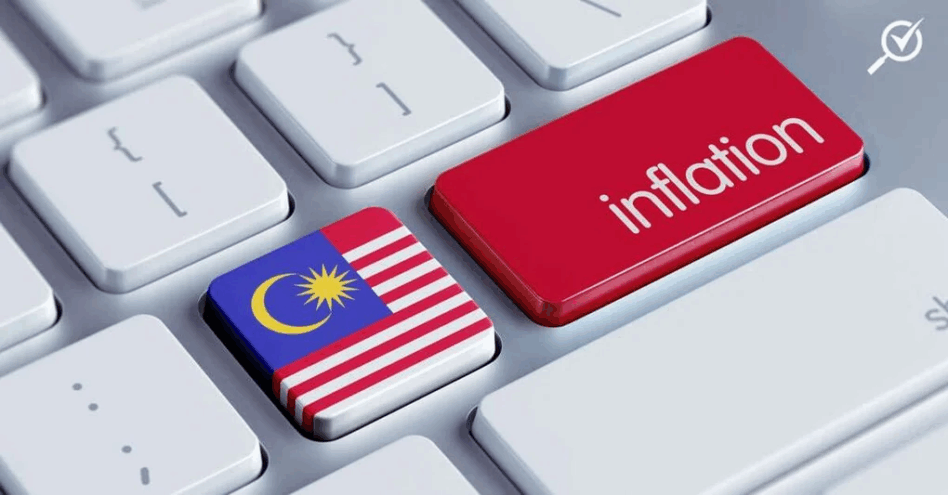THE Inland Revenue Board (IRB) of Malaysia has expressed its intention to bolster collaboration with other tax authorities to combat tax evasion and avoidance among individuals and businesses with high-value assets overseas in response to recent findings revealing over 500 properties in Dubai owned by Malaysians.
The IRB noted the importance of automatic data exchanges between tax regulators from different countries to identify individuals holding assets abroad and assess whether taxes were evaded.
“The IRB has an established platform for exchanging information with tax regulators from other countries and aims to establish closer cooperation between tax authorities to obtain information that is necessary for tax compliance.
“All information received will be utilised in tax compliance activities to curb any tax leak and evasion,” it said in a statement to Malaysiakini.
Moreover, the IRB stated its efforts to acquire data on financial accounts owned by Malaysian taxpayers abroad through country-by-country reporting.
“This involves implementing various preventive measures, including strengthening existing laws, continuous tax education, and collaboration with foreign countries through tax agreements and international tax policies,” it added.
The recent investigation, led by the Organised Crime and Corruption Reporting Project (OCCRP) and highlighted by Malaysiakini, revealed that more than 300 Malaysians are listed as owners of properties in Dubai, collectively owning over 500 properties in the city.
This includes luxury properties in the world’s tallest skyscraper Burj Khalifa or the iconic Palm Jumeirah artificial islands, alongside properties owned by the likes of Shah Rukh Khan and David and Victoria Beckham.
While owning property in Dubai is legal, the property market’s attractiveness to real estate speculators, money launderers and tax evaders is due in part to the absence of certain taxes such as those on capital gains and rents.
Furthermore, the possibility of purchasing property using cryptocurrency further adds to its appeal as a channel for hiding laundered funds with minimal accountability. – June 7, 2024









